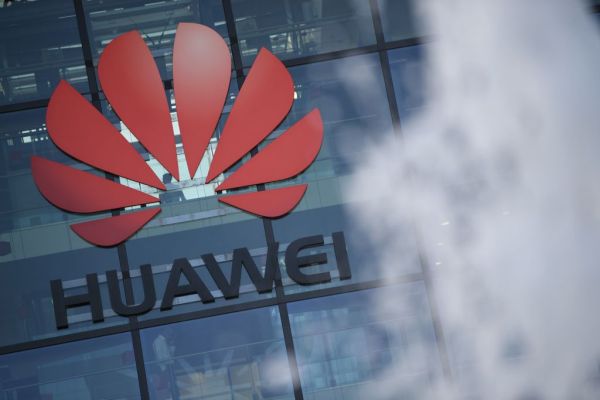
A long-awaited COVID-19 relief bill finally received congressional approval over the weekend. Top-line efforts include plans to bolster a population feeling intense strain after nine months of shutdown. The $600 direct payment has, understandably, grabbed the most headlines, but there’s a ton to dig into amidst the $900 billion package.
Most relevant for our coverage is several billion earmarked for broadband-related issues, including $7 billion set aside to increase broadband access for low-income Americans. Speaker Nancy Pelosi and Senator Chuck Schumer issued a release noting that the money will go to “help[ing] millions of students, families and unemployed workers afford the broadband they need during the pandemic.”
Internet access has been one of countless pain points, as schools across the country have shutdown in order to stop the spread of COVID-19. Lack of a solid internet connection can severely hamstring remote schooling.
Also notable is the $1.9 billion set aside to “rip and replace” ZTE and Huawei equipment, according to reporting from Reuters. Huawei in particular has been a long-time target for the U.S. government. The Chinese technology giant was added to the Department of Commerce’s so-called Entity List last year. Precisely what such moves have meant for companies like Huawei and ZTE has been something of an evolving picture in subsequent months.
More legislation earlier this year officially barred U.S. companies from purchasing networking equipment from either, followed by plans to begin the process to “rip and replace” existing services. Part of the new bill, it seems, will involve the purchasing of equipment to replace those being removed from U.S. networks.
A Huawei spokesperson earlier noted, “to force removal of our products from telecommunications networks. This overreach puts U.S. citizens at risk in the largely underserved rural areas – during a pandemic – when reliable communication is essential.”
The future status of companies like Huawei and ZTE under the incoming Biden administration, however, remains to be seen. Notably, the Commerce Department recently added an additional 77 names to the Entity List, including prominent Chinese firms DJI and SMIC.



